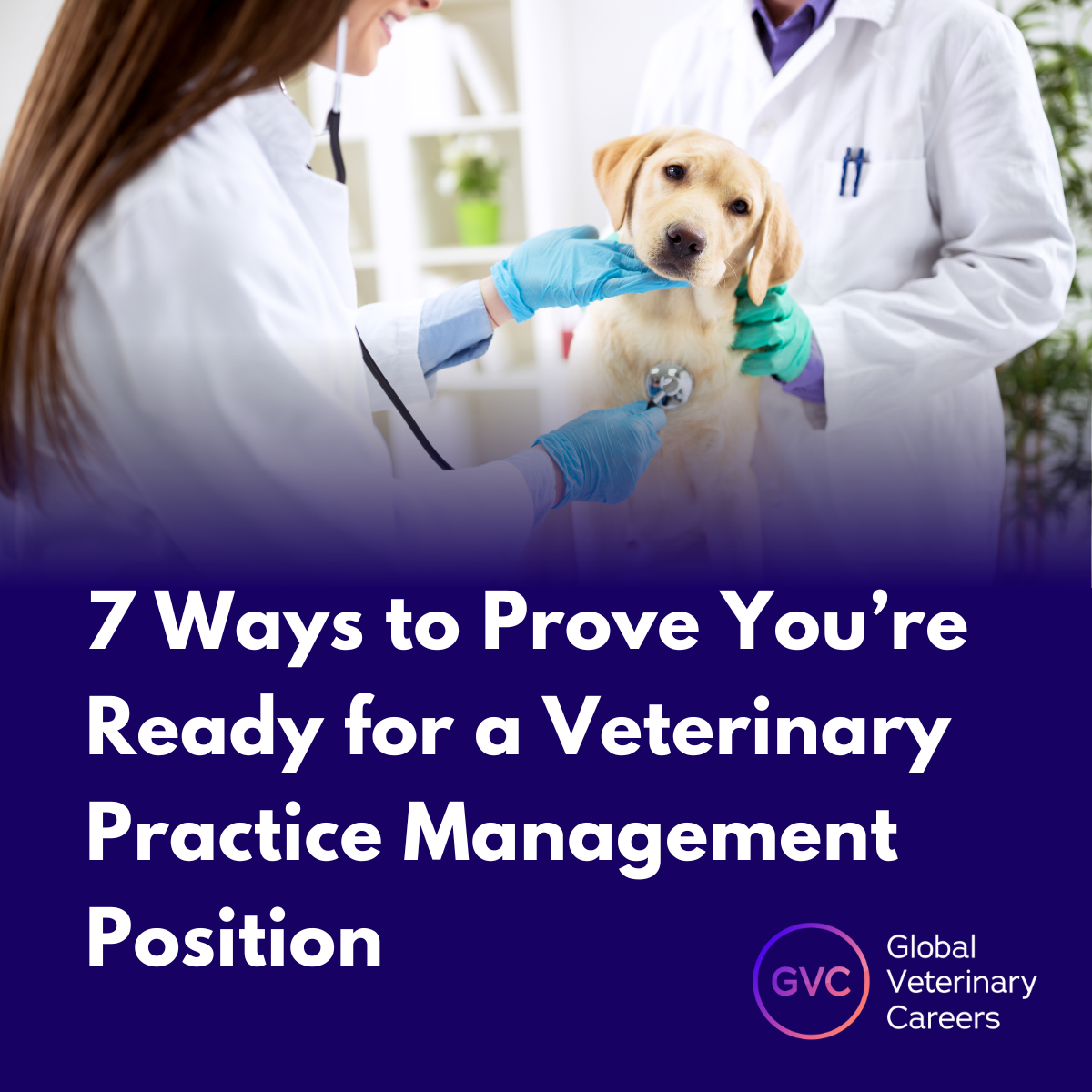Edition 1 of the Thinking Global Series
Australia has a pull that’s hard to ignore. The sunshine, outdoor lifestyle, and year-round warm weather create the kind of environment people picture themselves in long before they ever look at visas or paperwork. Then there’s the incredible wildlife, the high clinical standards, and the sheer space to breathe – all of which make it easy to imagine building a life there.
Add in a nationwide demand for veterinary professionals, and you get a country that’s not just appealing, but genuinely full of opportunity.
For anyone considering an international step (whether it’s a short-term adventure or a long-term relocation), GVC’s team in Australia has become a trusted partner guiding veterinary professionals through every stage of the move.

Why Australia Needs Veterinary Talent
Across the country, practices are growing faster than the workforce. Clinics are expanding, new hospitals are opening, and teams are looking for GP vets, mixed practitioners, equine specialists, and referral clinicians alike.
The post-pandemic years shifted the pace of life for many Australians. More people adopted pets, regional areas grew, and clinics stretched to meet the increased demand. As international travel opened up and lifestyle movement between states increased, the gap between demand and available vets became even more prevalent.
Australian practices are well-known for modern equipment, collaborative teams, and an emphasis on clinical autonomy – all things that matter to those who want to develop in a supportive environment.
As Jack Shuttleworth, GVC’s APAC Director, puts it:
“It’s an exciting time to be a vet in Australia. Clinics across the country, from large corporate groups to small community-run practices are actively looking for great people. If you’re open to a change or ready for a bit of adventure, there are some incredible opportunities out there right now.”

Licensing and Visa Requirements
Australia welcomes overseas-trained veterinarians, but there are a few steps to get right early on.
Most vets start with registration through the Australian Veterinary Boards Council (AVBC). The pathway depends on where you qualified. Graduates from accredited schools (UK, Ireland, USA, Canada, South Africa and others) follow a straightforward process, while non-accredited qualifications may require the National Veterinary Examination.
Once registration is underway, the focus usually shifts to visas. Two common routes include:
- TSS 482 Visa (Temporary Skill Shortage):
Often used when a clinic provides sponsorship. It’s one of the quickest ways to begin working in Australia. - Skilled Independent Visa 189:
A permanent residency option for those who meet the points requirements. Many vets explore this after arriving in the country.
The paperwork can feel heavy from the outside, which is why most overseas vets lean on experienced guidance.
At GVC, we aim to remove as much friction as possible by handling sponsorship coordination, documentation checks, clinic introductions, and relocation support – working closely with migration partners to ensure every step of the process runs smoothly.
Ready to get a clearer picture of the registration and visa steps?

Veterinary Careers & Opportunities in Australia
The Australian veterinary market offers a broad mix of career paths, each with its own pace and personality.
Small Animal GP:
Still the most in-demand area. Clinics in every state are looking for day-to-day general practice vets, urgently in some regions.
Mixed Practice:
Rural and regional areas often need veterinary professionals who enjoy both companion animal work and livestock cases. These roles usually come with strong community support and, sometimes, incentives for relocation.
Referral and Specialist Work:
Australia’s referral hospitals continue to grow, offering advanced surgery, ECC, oncology, dermatology, internal medicine, and more.
Academic & Research Roles:
Universities and research institutes regularly hire internationally, especially for teaching and specialist areas.
Many overseas vets also take on locum work, enjoying flexibility and a higher day-rate model. Regional contracts occasionally come with travel or accommodation support.
Wherever your interests lie, there are openings from early-career level through to senior specialists – all in settings equipped with modern tools and genuinely supportive teams.

Lifestyle and Rewards
People don’t only move to Australia for the job. The lifestyle is a major draw.
You can finish a shift and be at the beach ten minutes later. Weekends often mean hiking trails, surf lessons, wildlife parks, or trips to neighbouring cities. Sunshine is the norm, and most clinics value work-life balance – a significant selling point for many overseas professionals.
Communities, especially in regional areas, are friendly and diverse. Vets are welcomed quickly, and many make long-term friendships through their clinic teams.
Salaries are competitive and often paired with relocation packages, sponsorship, or initial accommodation support. For many, the combination of earnings, lifestyle, and clinical development makes Australia stand out compared to other relocation destinations.

How GVC Supports Your Move
GVC has established teams based in Sydney and Melbourne, working closely with practices across every state and territory. Because we’re on the ground, we can match vet professionals to roles that genuinely suit their goals. Not just in job description, but in lifestyle.
Support includes:
- Registration and visa guidance
- Sponsorship coordination
- Interview preparation
- Clinic recommendations based on working style
- Relocation and settling-in support
- Ongoing check-ins once you arrive
On top of that, GVC’s global network spans the UK, Australia, the USA and beyond, giving candidates a long-term partner wherever their career takes them.
If Australia feels like the kind of place you’d thrive, have a look at what’s waiting for you.
View live roles and take your first step.
Reach out to our Recruitment Specialists Down Under
FAQs
How much do vets earn in Australia?
Salaries vary by location, experience, and the type of practice, but most small animal GP vets earn between AUD $85,000–$150,000, with senior clinicians often above that range.
Regional clinics may offer additional benefits, including relocation payments, rental support, or higher base salaries. Locum day rates also provide strong earning potential, especially for experienced practitioners.
Do I need sponsorship to work as a vet in Australia?
Many overseas veterinarians do secure roles through 482 visa sponsorship, which is one of the most straightforward routes. Some choose to pursue a SkillSelect visa instead if they meet the points criteria. Clinics across Australia are familiar with hiring internationally, and GVC can guide you toward the right option based on your background and timeline.
Another option to consider is the Working Holiday Visa. Offering flexible work and a full year to explore, it’s a great way to see whether the Aussie lifestyle suits you.
Can I work in Australia as a newly graduated vet?
Yes – provided your qualification is recognised by the AVBC or you are eligible for the relevant examination pathway. Early-career vets often secure supportive GP roles or structured development programs. Many clinics provide mentorship, extended appointment times, and training support for new graduates making their first move overseas.



